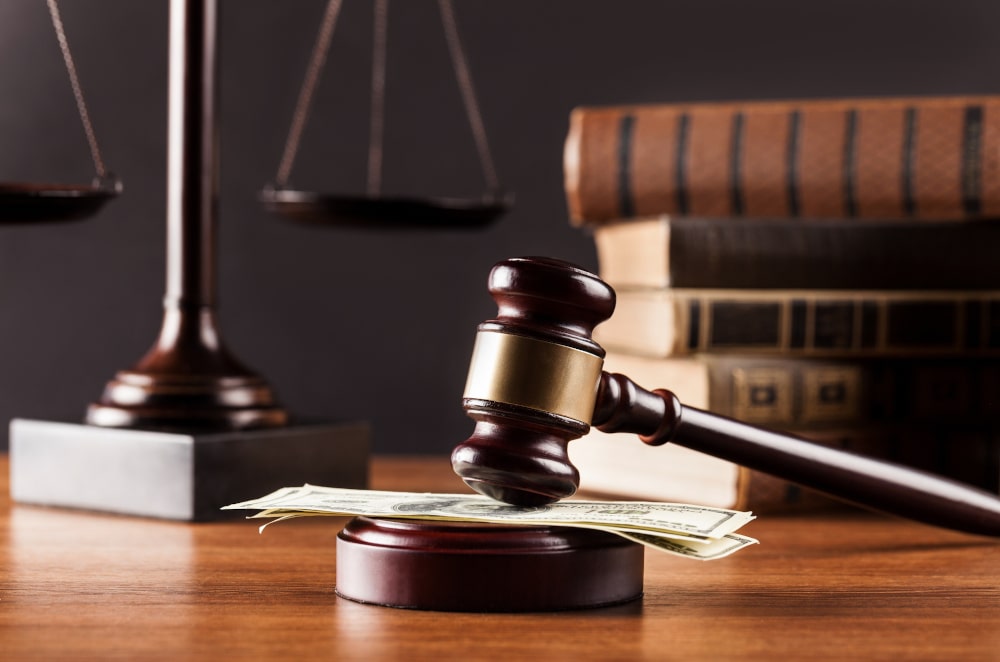
When faced with the need to navigate the bail system in Canada, it is imperative to consider seeking a skilled criminal lawyer in Toronto. Working with a criminal lawyer who is experienced with the bail system is important when you need to get help making bail or securing bail. Bail in Canada refers to the release of a person charged with a criminal offence prior to their sentencing or court date.
If you are not working with a criminal defence lawyer, you might not be able to secure bail. Bail can be critical for your comfort and safety before your trial, and you will want to be able to get bail organized properly for the benefit of both you and your family.
Ontario’s Bail System
The basis of the Canadian bail system is derived from the principles of bail that are present in English common law. The criminal code in Canada offers two ways that you can be brought before the courts without having to be arrested first: you may be issued an appearance notice, or a summons. If you ignore either of these means of being called to court, you will risk further charges related to your absence. One of the main reasons that defendants are denied bail is related to the degree to which they are considered a flight risk.
You might also be released by the police after your arrest without having to come to a court hearing. In this case, if you do not come to court when called for your trial, you will face additional charges related to your absence. In both cases, you might be required to make bail to be released prior to your trial. You will need to have a skilled lawyer working on your side to help you to secure bail in most cases.
Bail is only offered in cases where the risk of flight is limited and the defendant has ties to the community that will encourage them to stay in place and await their trial. This is why having an attorney on your side to help argue for your reliability can make such a big difference. Most defendants could be considered a flight risk when cast in the wrong light, which is why it is so important to make sure that you have legal backing during this part of the trial process.
Pre-trial Detention, Remand, and Release
The pre-trial detention process will also include remand in most cases. You will be remanded into prison custody until the time that you can attend a bail hearing. If the court decides that you should be detained, you will be held in prison prior to your pre-trial. This might be done to keep the public safe, to maintain confidence in the administration of justice and a fair trial, or to ensure that you appear in court.
The remand process allows you to be released on bail, but if the offence that has been committed is serious enough, this opportunity might not be afforded to you. The remand system offers release when bail has been met and can protect the accused from unsafe circumstances, poor prison security, and other abuses that might not be controlled in pre-trial detention locations. The release is not a licence to leave the country or to engage in behaviours as usual. The defendant will be expected to meet certain criteria so that they do not forfeit their bail and go back into prison.
Many people who are remanded and released struggle to continue to work at their current job, or to get support from family members and other parties that might not approve of their situation. To many, however, this is still preferable to being incarcerated in unsafe pre-trial prison environments.
Grounds for Detention
Grounds for detention without bail can vary from case to case, but the most common reason that defendants are not allowed to make bail and be released is that it is feared they will flee the country or refuse to appear in court. In other cases, the accused is believed to be too dangerous to others to be released. In some cases, lack of support and inability to support one’s self outside of the prison can be the reason for detention.
If the bail agreement is violated by the accused, they might be forced to return to prison without further opportunity to make bail as well. There are various unique considerations that can go into the decision of a judge to deny bail, and a skilled criminal defence lawyer will be needed to support clients who are having trouble arguing that they can make bail and meet the agreement that goes along with this privilege.
How Can a Criminal Lawyer Help During a Bail Hearing?
Criminal defence lawyers can help deal with bond agents and can assist defendants in securing bail. Proving that the defendant has ties to the community and that they will show up for their trial or hearing is important when seeking bail for someone accused of a crime. This process is important for those who are facing a trial to help assist with the preparation of the case and to exercise their rights.
Securing a skilled criminal defence lawyer needs to be done right away so that the process of preparing to seek bail can be done correctly. Not every defendant will face a struggle to secure bail, but the reality is that many defendants will need to get help to ensure that they are prepared to ask for bail before their trial.
Expert legal assistance can be the difference between securing bail and failing to be released prior to your trial. Gaining access to a criminal defence lawyer can be easy when you contact Vilkhov Law. There is no group of lawyers more prepared to help you to get bail when you need it, and the expert team at Vilkhov Law will work hard to defend you in court.






